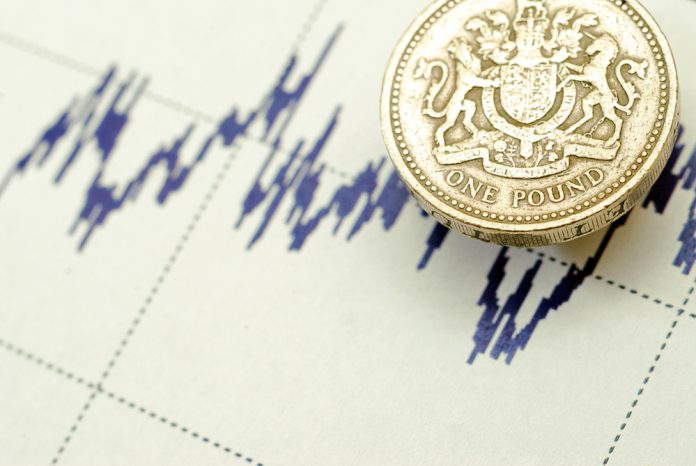The UK economy grew by 0.6 percent in the final quarter of 2016, according to figures collated by the Office of National Statistics (ONS).
The estimate revealed that across the months October-December the UK growth was consistent with growth levels of previous years, suggesting a resilient British economy in the aftermath of Brexit.
“Strong consumer spending supported the expansion of the dominant services sector,” said ONS statistician Darren Morgan.
“Although manufacturing bounced back from a weaker third quarter – both it and construction remained broadly unchanged over the year as a whole.”
The figure proved a slight improvement on economists predictions of 0.6 percent, however for 2016 growth was down to 2.0 percent compared to 2.2 percent the previous year.
According to the data, growth was stimulated by strong performances for the services sector, which corresponds to around three-quarters of the UK economy. In this quarter, the service sector enjoyed growth of 0.8 percent. Similarly, growth in the retail and travel industry also propelled the promising figures.
However, businesses continue to feel the impact of Brexit uncertainties and currency movements affecting profits. The recent figures from casual dining company Restaurant Group (LON:RTN) and Whitbread Plc (LON:WTB) underwhelmed investors, sparking concerns of a challenging market ahead.
Indeed, whilst a Brexit-related slowdown has yet to formally materialise, economists have warned that some stagnation in the economy may lie ahead in 2017.
Andrew Sentance, senior economic adviser at PwC said in comments to the Guardian:
“Strong consumer spending has supported growth over the past three months and this has more than offset the dampening impact of Brexit uncertainty in investment. As a result, the services sector has continued to be the driving force for the UK economy in recent quarters. The world economy has also helped economic growth with positive indicators in all the main economic regions – Europe, North America and Asia.
“2017 will be a more testing year for the UK economy as consumer spending will be squeezed by rising inflation. Despite this, we should expect the underlying resilience of the UK economy and healthy global growth to support economic activity in the year ahead. That should enable GDP to grow by close to 1.5% in 2017 even though Brexit uncertainties will have a dampening effect.”
The figures will prove encouraging for Theresa May’s government as she continues to start her Brexit negotiations. Prime Minister May is set to meet newly-inaugurated US President Trump on Friday to discuss potential trade agreements and further global security cooperation.

